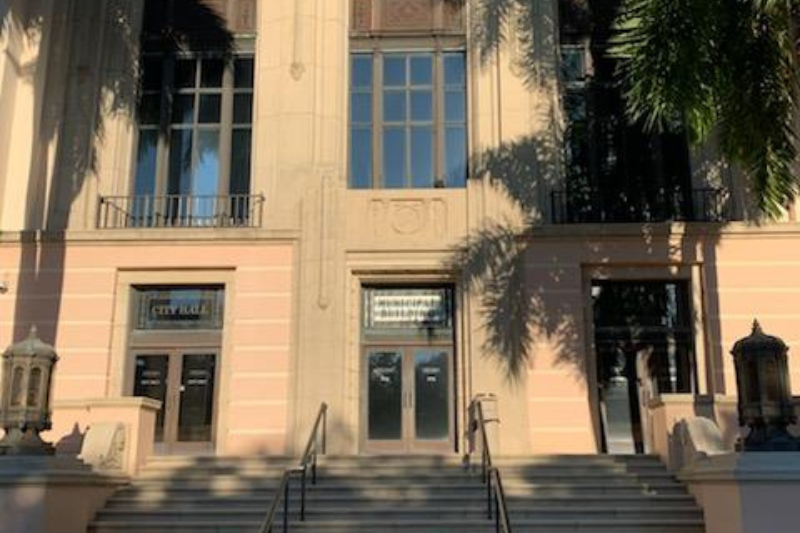The fiscal year 2022 budget approved Sept. 30 includes a tax hike for residents.
ST. PETERSBURG — The City of St. Petersburg held its final budget meeting for fiscal year 2022 on Sept. 30. Council approved a $711 million budget for 2022.
Although millage rates have been rolled back, residents will see their property taxes go up due to increased property values.
The approved budget indicates a 7.86 percent citywide increase in property values, which will bring over $9 million for the city and covers 96 percent of public safety costs, said Liz Makofske, budget director, City of St. Petersburg.
Affordable housing remains a hot-button issue as residents continue to speak out about the rising cost of living.
According to a budget and management department report, “In FY20, the city created a comprehensive 10-year strategy to increase the supply of affordable and market-rate multi-family housing, affordable single-family housing, and accessory dwelling units.”
Members of the public still seem concerned despite the city’s efforts to combat the issue. Many claimed the city is not taking the problem seriously enough and have yet to see an increase in affordable housing units throughout the city.
Joe Thompson, who lives in west St. Pete, said he’s opposed to the tax increase, especially in a pandemic. Coupled with the recent utility increase, the dwindling middle continues to take more hits.
Kimberly Weiss, who’s worked as a librarian for the city for the last 12 years, said the term “affordable housing” needs to be defined.
“We need to have housing tied to minimum wages because every single person who works here should be able to afford to live here.”
William Kilgore with the St. Petersburg Tenants Union expressed his concerns with the amount allotted for rapid rehousing. With only $400,000 allocated, he feels it is not enough to stave off eviction or help people find housing after an eviction.
He read a few first-hand accounts from residents that have been evicted over the past several months. Letters explaining job loss, illness, and death of roommates all ended in eviction and homelessness.
“Your constituents [are] begging for mercy and for more time to keep a roof over their heads,” Kilgore pleaded. “The city is not doing enough to protect our most vulnerable tenants, and next year’s budget does little to change that.”
The city is also trying to focus and improve upon its sustainability and resiliency plan. In the 2022 fiscal year budget, there is approximately $5.64 million of new funding citywide for the city’s sustainability and resiliency plan ($2.86 million in operating and $2.778 million in CIP).
The funding used on the operating side will go to the purchase of new compressed natural gas trucks for sanitation ($2,598,157), dual trash and recycling receptacles installments in city parks ($75,000), and the continuation of a clean energy partnership with USF ($15,000).
In the budget and management department report, “The green fleet initiative was also taken into consideration where possible when developing the FY22 budget for vehicle and equipment replacement.”
The Green Fleet Policy defines actions and measures for city fleet assets as it pertains to greenhouse gas emissions reductions and other sustainability and resiliency goals.
“Walkability is an important thing we should be looking at in all neighborhoods throughout St. Pete. The south side gets ignored when talking about walkability and beautification,” said Weiss, who believes some neighborhoods are left out in terms of improving walkability and city services.
The city budget year runs from Oct. 1 until Sept. 30 of the following year.








